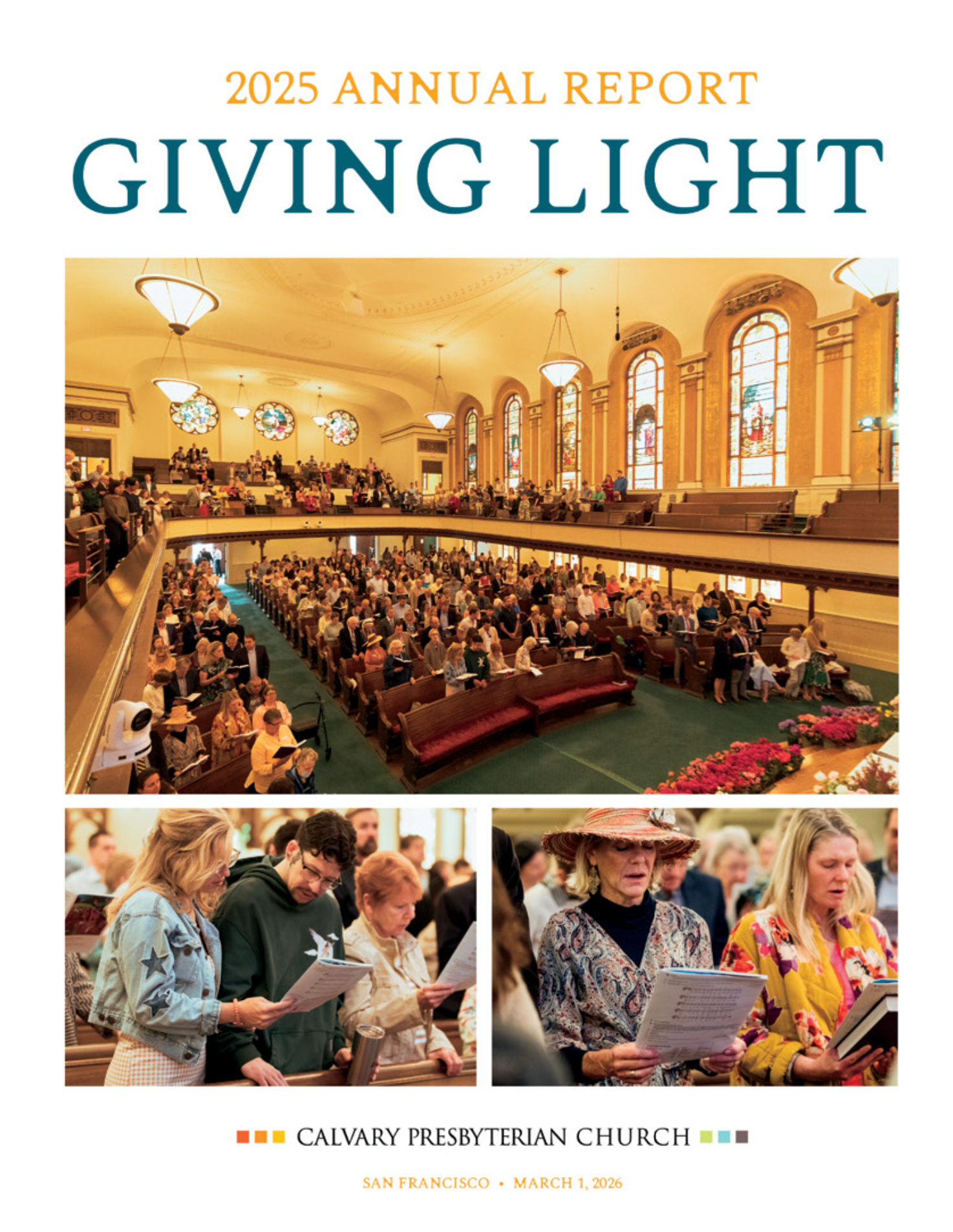How to Talk With Someone Experiencing Mental Health Challenges
“‘How are you showing up today?’
That’s a language we use a lot,”
Thomas-Bush said.
“As a person of faith, how are we going to show up loving our neighbor, loving ourselves?” Thomas -Bush works with youth at Myers Park Presbyterian Church in Charlotte, NC. This youth group was featured in Our kids and mental health, an April 20, 2022 article in Presbyterians Today. “In 2019, more than 1 in 3 students indicated they persistently felt sad or hopeless, an 11% increase over 2009, according to the Centers for Disease Control and Prevention’s Youth Risk Behavior Survey Data Summary & Trends Report, 2009–2019. The report also showed that 16% of students made a suicide plan.” We cannot ignore youth, this data or assume that youth will get help on their own. Most adults suffering with mental health challenges do not reach out for help. It is important that we notice behavior changes that go beyond typical age-appropriate developmental behaviors and check in with the person. Parents, adults, youth leaders, and teen peers are realizing that listening without judgment, as well as asking direct questions can be the needed openers for someone to safely share their mental health challenges and then get the resources that they want.
Last week I completed a certificate in Youth Mental Health First Aid facilitated by a leader of Jewish Learning Works. Mental Health First Aid (MHFA) is a world-wide organization. Listening is one of the key practices. It was eye-opening to engage in a wide range of scenarios and then learn how to respond while in small groups. The MHFA five-step action plan can be used in any order. You can see them as ALGEE or EAGLE, whichever is easier to remember.
1. A
– Approach, assess for risk of suicide or harm. Try to find a suitable time or place to start the conversation with the person, keeping their privacy and confidentiality in mind. If the person does not want to confide in you, encourage them to talk to someone they trust.
2. L
– Listen nonjudgmentally. Many people experiencing a challenge or distress want to be heard first, so let the person share without interrupting them. Try to have empathy for their situation. You can get the conversation started by saying something like, “I noticed that …” Try to be accepting, even if you don’t agree with what they are saying.
3. G
– Give reassurance and information. After someone has shared their experiences and emotions with you, be ready to provide hope and useful facts.
4. E
– Encourage appropriate professional help. The earlier someone gets help, the better their chances of recovery. So, it’s important to offer to help this person learn more about the options available to them.
5. E
– Encourage self-help and other support strategies. This includes helping them identify their support network, programs within the community, and creating a personalized emotional and physical self-care plan.
As Christians, we are taught to care for ourselves and others. Sometimes our care is misplaced and can be a reflection of our desire to feel powerful, worthy or seen. When we truly observe someone and care about their state of being, we can offer our care as an option. We may not be the person that individual wants to speak with about their challenges, and that is okay. The person experiencing mental health challenges is not obligated to receive our care. They can choose to open up for a safe conversation that could lead to them receiving appropriate resources. I remember the
rules of a Circle of Trust group I participated in at Calvary years ago. One of them was “double-confidentiality” which meant that we kept all sharing confidential (unless it required mandated reporting) and then did not ask the person about their situation later. That seems counter-intuitive from a Christian perspective. We are used to following up and asking if we can help. We don’t always think that the person might not want to be reminded of that story or situation. If someone wanted to follow up about their own sharing or situation, they could ask for help or reach out.
When we observe someone showing significantly changed behaviors that point to self-isolation, lack of self-care, or inability to handle a variety of tasks and responsibilities, we have the chance to step in and ask them about it. We can say, “Hey ____, I have been noticing that you seem different than your typical self. Do you want to talk? I am here for you.” This is not the time to guess what is going on, give advice, and tell them to move on or cheer up. There is more to this MHFA training that helps one to ask specific questions, know what resources to provide, and what actions to take. I highly recommend this training for any organization, as mental health challenges do not just present in youth, but in adults and people of all cultural and economic backgrounds.











